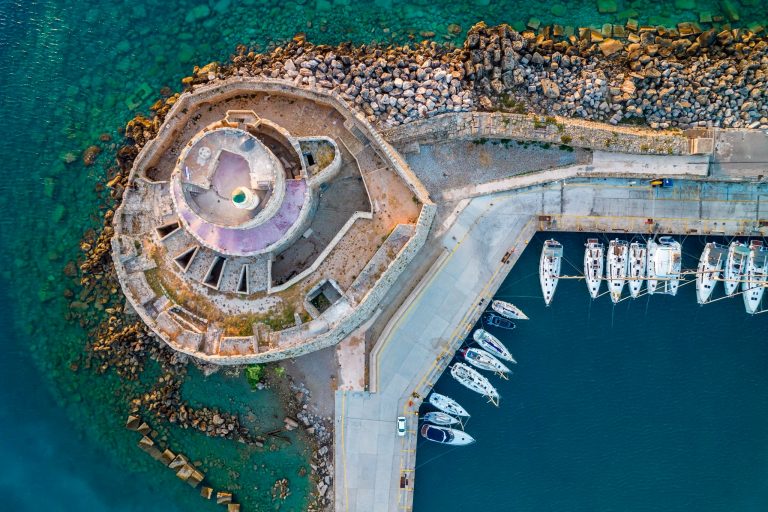
Large-scale European research projects that attempt to show the way to the widespread use of new technologies for highlighting and promoting cultural heritage monuments and protecting them from the effects of climate change are underway at the Research University Institute of Communication and Computer Systems ( EPISEY) of the National Technical University of Athens – NTUA.
A series of innovative technologies and methods, digitization, artificial intelligence, machine learning, data analysis, citizen science have proven to be important tools in our effort to preserve cultural monuments, which today – more than ever before – they are threatened by the effects of climate change, natural disasters and environmental pollution, as the Institute points out.
HYPERION: Shield against geoclimatic risks
Having gone through 4 years of successful research under the coordination of EPISEY, the ambitious European project HYPERION has recently presented its results. The project developed a decision support system to improve the resilience and sustainable restoration of historic sites in order to address the effects of climate change and extreme natural events on monuments.
The project leveraged existing tools, innovative technologies, climate models, structural analysis techniques, Copernicus services, terrestrial and satellite imagery and developed mathematical models, to create an innovative digital platform that extracts and processes data from the monuments, and enables the cultural institutions and public authorities to be informed in real time about the risks that threaten monuments and archaeological sites, while it also provides models for predicting deterioration from weather effects.
The platform was successfully tested and evaluated in real conditions in four European cities, Granada (Spain), Venice (Italy), Tonsberg (Norway) and the medieval city of Rhodes (Greece). Thus, we saw in the medieval city of Rhodes, a UNESCO world cultural heritage monument whose preservation is of the utmost importance, that specialized sensors were installed in order to collect data on the multiple climate threats facing the island such as floods, storms, fires , strong winds, earthquakes, precipitation, heat waves, etc.
The data from the four pilots fed the platform, an important tool that can today guide related decisions and actions aimed at the preservation and sustainable reconstruction of these historical areas.
As the road to the sustainability of world heritage is an international affair, the project consortium was formed by 18 partners from eight different countries, including universities, research institutes, companies and various end users such as cultural institutions and municipal authorities. On the Greek side, EPISEY was coordinated, and NTUA, the Aristotle University of Thessaloniki, the Municipality of Rhodes, the Dodecanese Antiquities Tax Office and the Intercultural Euro-Mediterranean Center for UNESCO participated.
Citizens are the guardians of cultural heritage
Among the innovative results of the project, the application developed by the NTUA’s I-SENSE research group stands out, and aims to contribute to the protection of monuments by utilizing the possibilities offered by citizen science. It is an innovative application for smart mobile devices (smartphone application for android devices) that invites citizens to identify damage and threats to cultural monuments in their area themselves and to upload real-time details to the application (e.g. photos of damage , geographic data, etc.).
The result is a valuable, open and continuously updated database and information on the state of the monuments, based on which the authorities will be able to plan the appropriate interventions and take action to restore the damages. The application is available on the Google play store by clicking here and invites everyone to become guardians of our cultural heritage!
Launch for the THETIDA project
EPISEY leverages the accumulated know-how in the field with yet another project which is in its infancy. THETIDA draws our attention to coastal and underwater heritage which is also threatened by the effects of climate change, natural disasters and of course rampant environmental pollution.
In the project which held an official opening event on June 29 and 30, 2023 in Vouliagmeni, 17 partners from 8 different countries participate, coordinated by EPISEY. The event was opened by Dr. Angelos Amditis, Director of Research & Development of EPISEY noting characteristically “Adapting to climate change and geoclimatic risks is an absolutely necessary process to save the coastal and underwater heritage that is currently threatened by both man-made and natural factors such as salinity, waves and water movement, algae, sand movements, coastal erosion, etc. Especially in Greece, in a country with great coastal and underwater wealth, its preservation is imperative and requires international action. The state-of-the-art technologies and pioneering methods that will be utilized at THETIDA are key to this collaborative effort, and the work ahead is full of challenges.”
Data collection sensors will be installed both underwater and onshore in 7 pilot test areas: Italy, the Netherlands, Norway, Portugal, Cyprus and Greece. Additional data will come from satellite imaging, smart buoys, autonomous underwater vehicles, surface vessel sensors, wearable devices and micro-meteorological stations, as well as crowd sourcing applications.
Based on the evidence provided by the data analysis and guided by the resulting predictive models, the THETIDA project will develop a Decision Support System that will provide appropriate adaptation and mitigation strategies for each area of cultural interest. At the same time, the project aims to involve, mobilize and sensitize the local communities in the process of safeguarding the coastal heritage, making citizens helpers in this project. Augmented and virtual reality tools (AR and VR), applications that empower citizen participation and living labs will be among its results.
Latest News
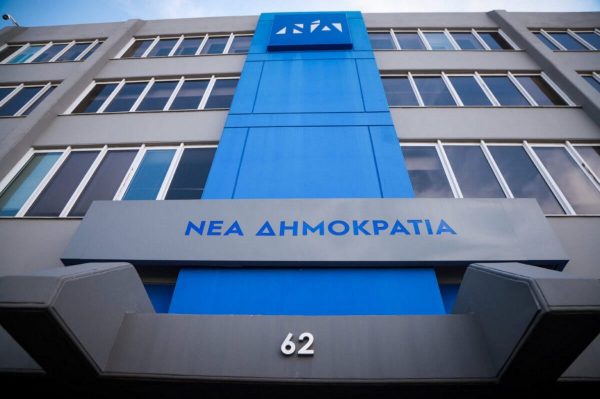
PM Mitsotakis to Chair New Democracy’s Committee Meeting
Today’s meeting is seen as a crucial opportunity to halt internal disputes within ND and reaffirm unity within the party.

Trump Tariffs Jeopardize Growth: Piraeus Chamber of Commerce
The tariffs, aimed at reducing the U.S. trade deficit, are expected to have both direct and indirect effects on the European economy

EU Condemns Trump Tariffs, Prepares to Retaliate
As tensions escalate, the EU is expected to continue negotiations with Washington while preparing for potential economic retaliation.

The Likely Impact of Trump Tariffs on Europe and Greece
Trump tariffs are expected to negatively affect economic growth in the Eurozone while Greece's exports could take a hit.

Motor Oil Results for 2024: Adjusted EBITDA of 995 mln€; Proposed Dividend of 1.4€ Per Share
Adjusted EBITDA for 2024 was down 33% yoy. The adjusted profit after tax for 2024 stood at 504 million euros, a 43% decrease from the previous year

Cost of Living: Why Greece’s 3% Inflation Is Raising Alarm
Greece appears to be in a more difficult position when it comes to price hikes, just as we enter the era of Trump’s tariffs.

Fitch Ratings Upgrades the Four Greek Systemic Banks
NBG’s upgrade reflects the bank’s ongoing improvements in its credit profile, Fitch notes in its report, including strong profitability, a reduction in non-performing exposures (NPEs), and lower credit losses

Trump to Announce Sweeping New Tariffs Wednesday, Global Retaliation Expected
With Trump's announcement just hours away, markets, businesses, and foreign governments are bracing for the fallout of one of the most aggressive shifts in U.S. trade policy in decades.

Inflation in Greece at 3.1% in March, Eurostat Reports
Average inflation in the eurozone settled at 2.2%, compared to 2.3% in February

Greece’s Unemployment Rate Drops to 8.6% in February
Despite the overall decline, unemployment remains higher among women and young people.































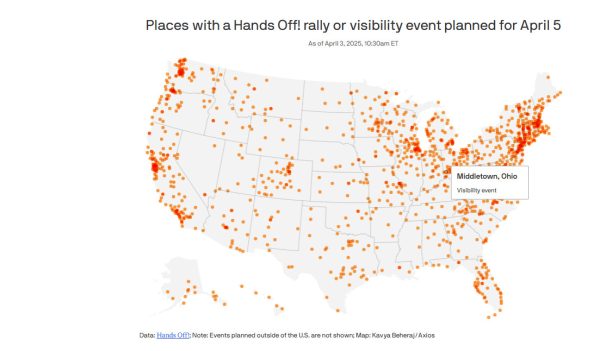

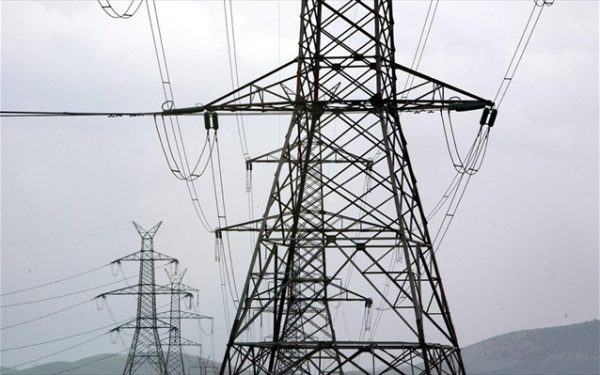


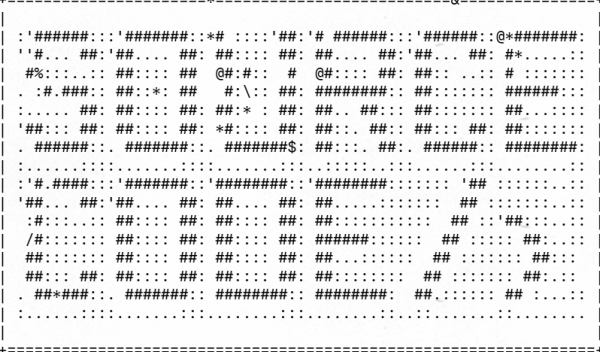

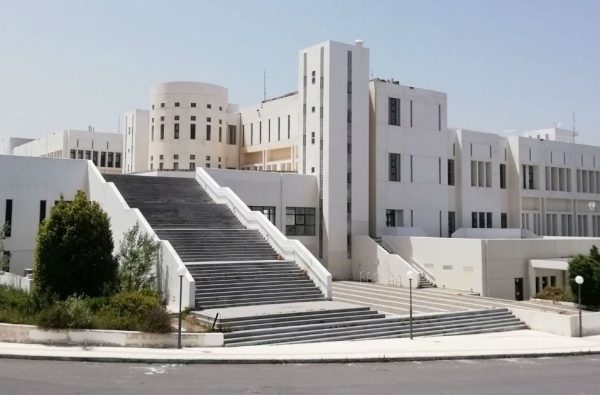



 Αριθμός Πιστοποίησης
Αριθμός Πιστοποίησης